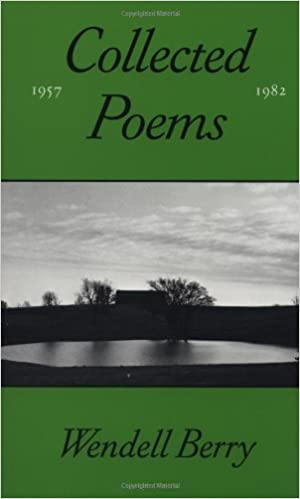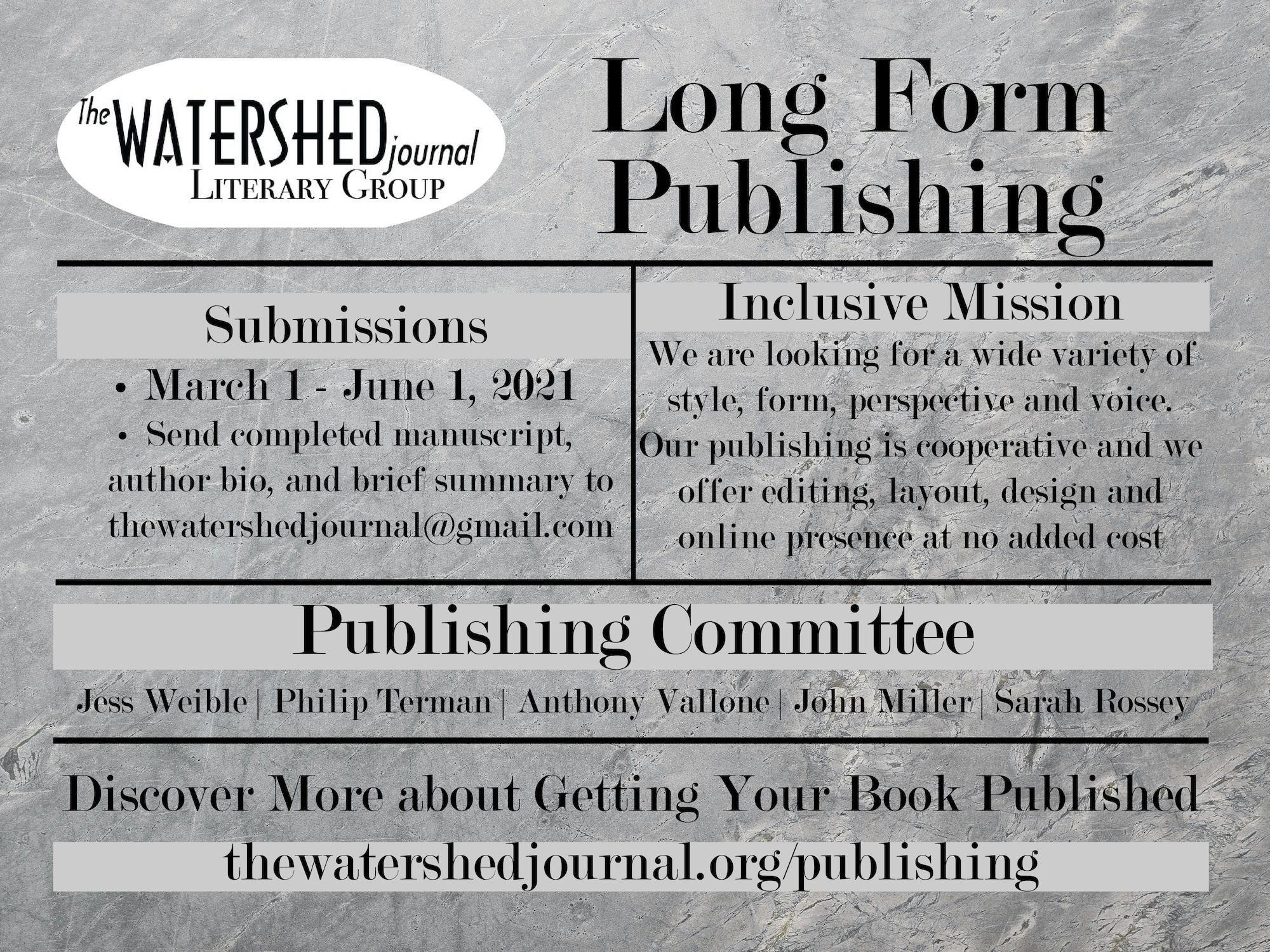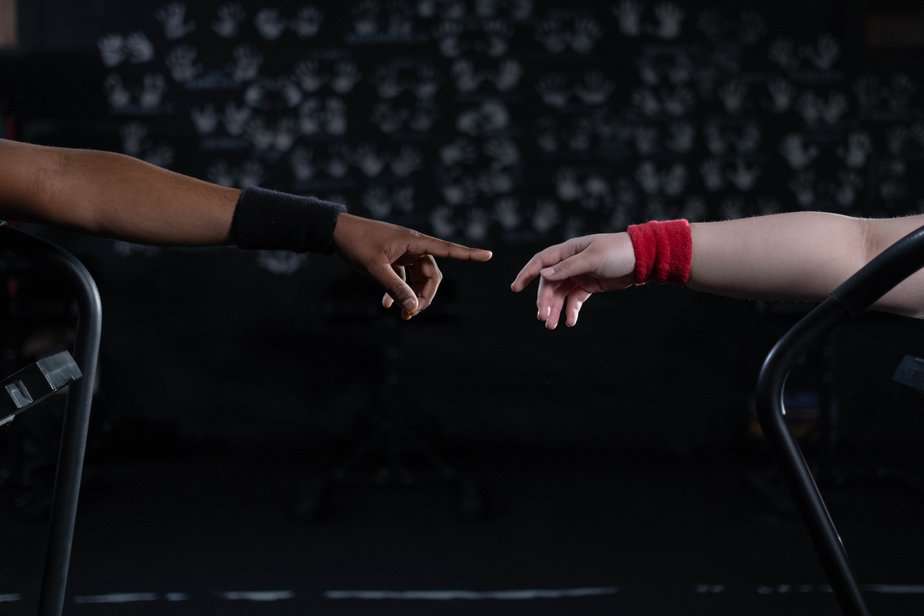By Karen Weyant
It was 1983, and the talk in my fifth-grade classroom focused on the new movie, The Day After that was going to be televised. Everyone seemed to be getting ready to watch it. Previews showed grim pictures of mushroom clouds, rockets, and general chaos. I knew that the movie was about a nuclear war that started out in Kansas. I could easily point out this state on a map, but like most other kids my age, I only really understood the state of Kansas as the dismal gray setting at the beginning of The Wizard of Oz.
Everyone was going to watch The Day After. Everyone.
Everyone, that was, except me.
My mother had banned me from the television set that night.
“Karen is sensitive,” she explained. “I don’t want her having nightmares about something she sees in that movie.”
When I told one of my friends that I wouldn’t be allowed to watch the movie, she looked confused.
“My mom wants me to see this movie”, she said, with gusto, clearly perplexed at the parental decision that had unjustly affected my life. “She wants me to know what could happen.”
But that kind of wanting was not happening in my home. I simply was not permitted to see the movie. So, I tried a tactic that had never worked before – but desperate times called for desperate measures.
“Everyone else is allowed to watch it,” I said in a last-ditch effort.
My mother didn’t budge. “If everyone else jumped off a cliff, would you?” This was a rhetorical strategy that all mothers seemed to use and probably the most frustrating answer given to any child.
I don’t remember what I did that night when the movie aired, but I do know that it wasn’t on the television in our living room nor was it on the little television in the kitchen, the one my mother watched when she was cooking dinner. We must have been in the minority. History suggests that more than 100 million people watched the program and it set a record for the highest rated television film in history.
I do, however, remember the buzz the following week in class, especially with my classmates’ graphic descriptions of evaporated people and charred bodies. I had a wild imagination and the images distressed me, so much so that there was a part of me that secretly thanked my mother for forbidding the showing of the movie in our home.
**
People have always thought the world was ending.
Still, the 1980s seemed to be an especially vulnerable decade. With a president who taunted Russia calling it “The Evil Empire” and religious zealots believing that the end was near, those of us who grew up in this time period believed we would see the end of the world in our life time. Hal Lindsey’s book, 1980s: Countdown to Armageddon, was a best seller during this time, and I remember fingering the book cover as it sat on the counters near the checkout line at one of the local drugstores. I couldn’t help but wonder what Armageddon really looked like. Was it to be a nuclear war, with many dying in the immediate bomb attacks, while others, like me, slowly dying from radiation poisoning because we lived in rural areas far from ground zero? Was it through a God who was finally going to end the world, saving only a chosen few, while the rest of us who were not saved, were to be thrown into some type of fiery hell? Or maybe, the whole world was going to end rather quickly when a stray comet or meteor hit the earth, making us all extinct? Or maybe it was going to be a slow demise that was already targeting my rural Rust Belt world. Afterall, I was living in a world where local factories and businesses were closing, local family farms were failing, and many families, including some of my friends, were leaving town.
It turns out, after all, that the world did not end. We made it through the 80s and I graduated from high school in 1991. Then, I left for college and discovered a world where I could flourish through my love of reading and writing. My first poems were typical works of teenage angst. But then, I discovered the power of personal stories in poetry. Author Willa Cather once said, “Most of the basic material a writer works with is acquired before the age of fifteen” and that has proven to be true in my own work. For years, I wrote about growing up in rural Western Pennsylvania, but it wasn’t until I started to compile my poems in collections, first in chapbooks, but then in my full-length collection, Avoiding the Rapture, that I realized how much coming of age during so-called end times influenced my work.
Anyone reading Avoiding the Rapture will enter a gritty world of barbed-wire fences, sharp-gravel roads, and the summer hot beds of pickup trucks. But they will also enter a world where little girls dance while waiting for the rapture, creeks run red from acid mine drainage, and roadkill seemingly starts to rise from the dead. In the end, however, all of the poems work together to provide a gritty coming-of-age story.
I don’t think that my poems, and thus, my own personal stories, are especially unique as Apocalyptic stories are popular. (See the recent trend of Dystopian young adult stories). The question is why? Why are we attracted to stories that predict that life as we know it may end? On the surface, these stories introduce us to circumstances that we may hope to correct so we don’t face such dire times. But they also introduce characters who are capable of hope, resilience and even love. Why do I write poems that echo the end of the world fears of my youth? It’s simple – I, too, want to show the resilience, beauty and grit of my world.



